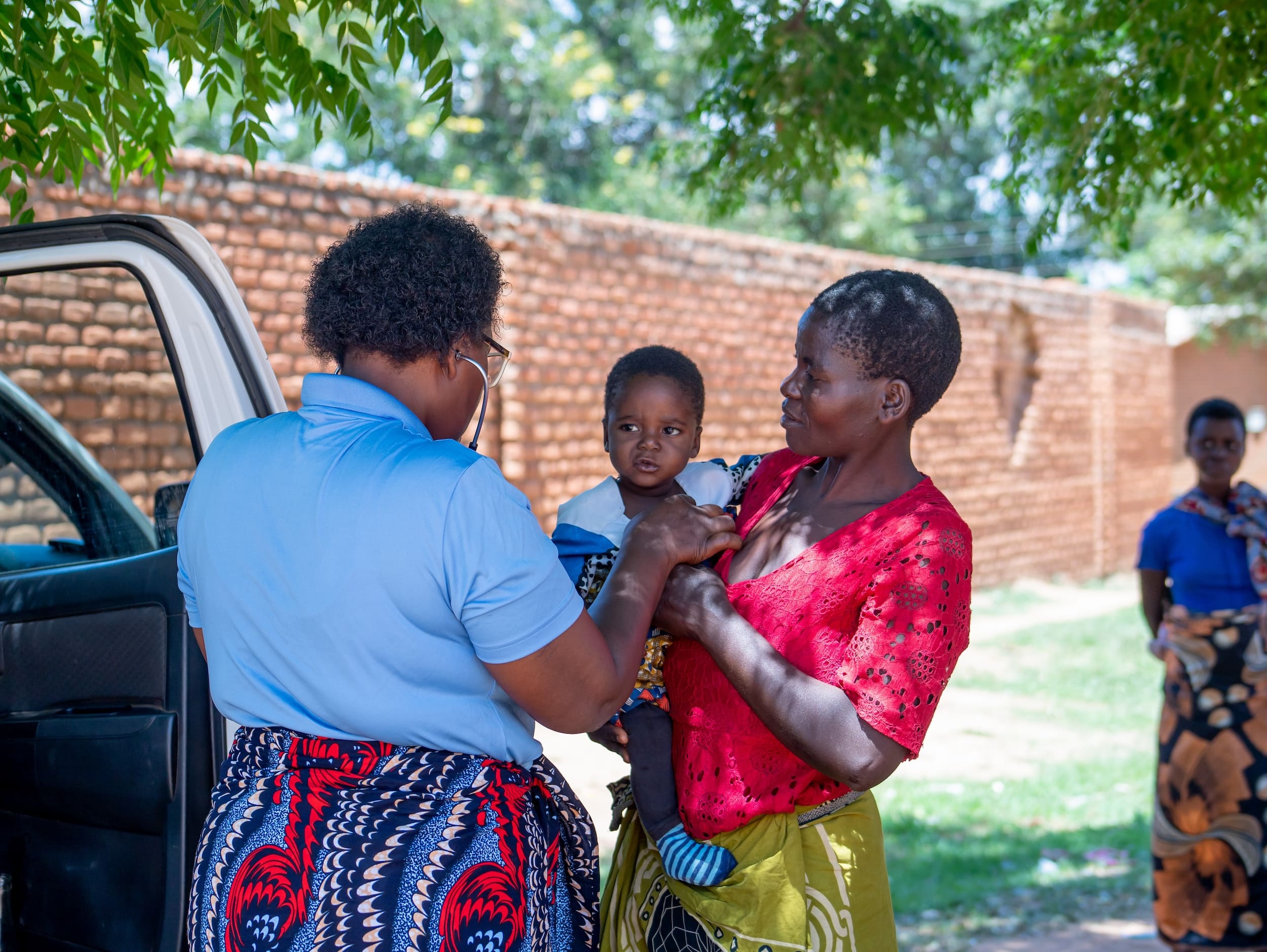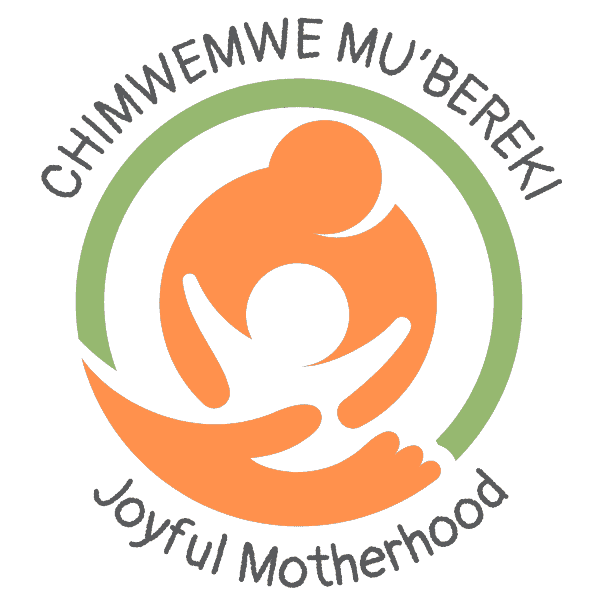
Overview of Programmes
Limited access to emergency obstetric care in Malawi correlates statistically with high maternal mortality and neonatal mortality rates. But there is another layer of consequence that is not captured in the statistics.
What happens to the woman who survived a traumatic birth but lost her baby and her uterus in the process? What happens to her when she is discharged home to the village after a month-long hospitalization and is emaciated and too weak to draw water or collect firewood or plant her fields or care for her other young children?
What happens is this: Her family plunges deeper into poverty, food insecurity in her home worsens, she is often depressed and finds it increasingly difficult to care for herself and her children, her children face an increased risk of dying, and she faces an increased risk of dying over the subsequent year.
What happens to the healthy term newborn whose mother died from postpartum hemorrhage, who returns to the village in the arms of his grandmother or aunt who survives by subsistence farming and earns less than US$2 per day? How does a family suffering from food insecurity with no nursing mother purchase a tin of formula for US$6 every couple of days to sustain the baby left behind? What happens when they can no longer sell their own food or resources to afford one more tin?
What happens is this: The family uses all resources possible for the survival of the infant, then they water down formula or give maize porridge or even juice to quiet the crying infant. Quickly the baby’s health deteriorates and the baby dies. The baby is buried in the village without any birth or death certificate. Uncounted except by the family.
Joyful Motherhood was founded to care for these women and these infants. Currently we run a Baby Care Programme and a Mother Care Programme. We provide home visits by nurses, nutrition support, community mobilization, and invest in income generating programs for our clients. Our approach is client individualized: we look at each case individually and work on building relationships with the goal not only of ensuring survival but of developing healthy family environments.
